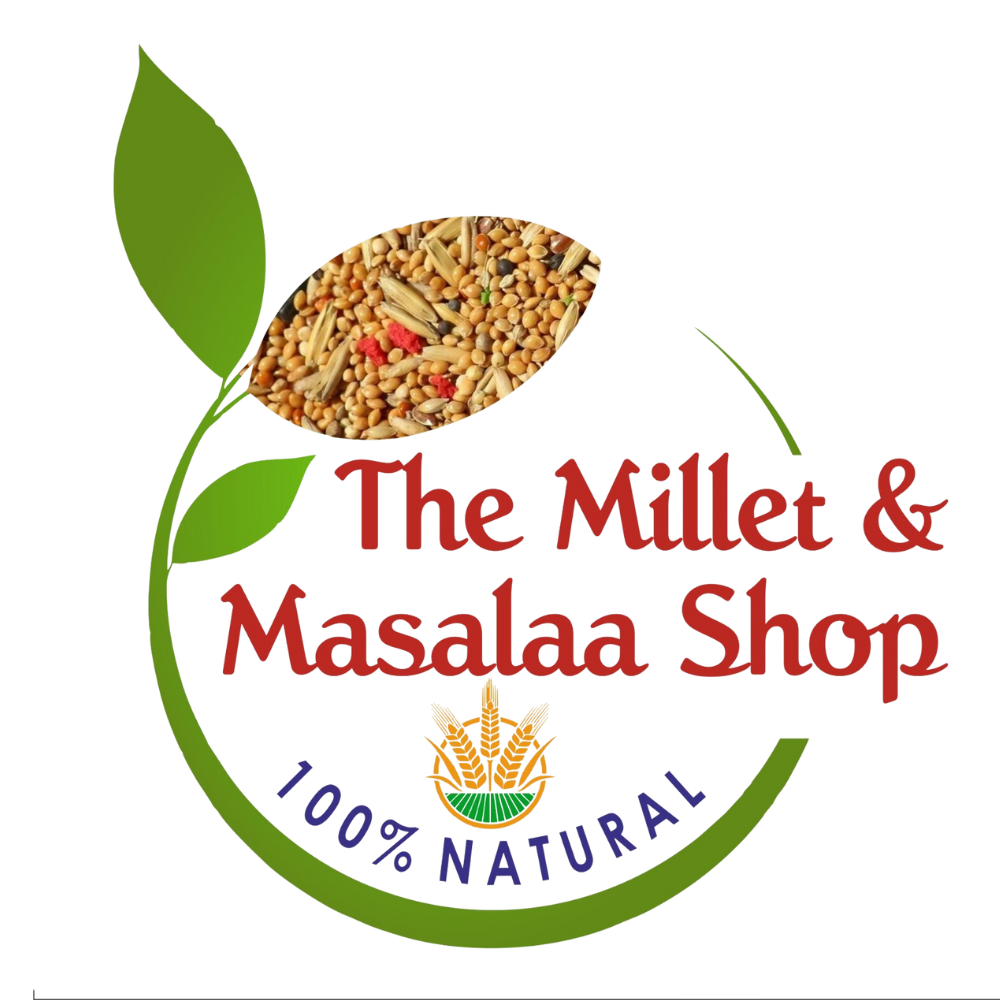Foxtail millet, also known as Setaria italica, is a cereal grain that has been a staple food in many parts of the world for thousands of years. This gluten-free grain has been gaining popularity in recent years due to its numerous health benefits and versatility in cooking. In this blog post, we will explore the benefits and nutrition of foxtail millets.
Rich in Nutrients: Foxtail millet is a rich source of dietary fiber, protein, and essential minerals like iron, calcium, and phosphorus. It is also low in fat and cholesterol, making it an excellent food for weight management.
Good for Digestion: The high fiber content in foxtail millet promotes digestive health and helps prevent constipation, bloating, and other digestive problems. It also helps regulate blood sugar levels and reduces the risk of developing type 2 diabetes.
Heart-Healthy: Foxtail millet contains antioxidants and essential amino acids that help lower cholesterol levels and reduce the risk of heart disease. It also helps maintain healthy blood pressure levels and reduces the risk of hypertension.
Gluten-Free: Foxtail millet is a great alternative for people with gluten intolerance or celiac disease, as it is naturally gluten-free and can be used in place of wheat or other grains in many recipes.
Versatile: Foxtail millet can be cooked in a variety of ways, including as a pilaf, porridge, or in soups and stews. It can also be used to make gluten-free bread, crackers, and other baked goods.
Sustainable: Foxtail millet is a drought-resistant crop that requires less water than other grains like rice or wheat. It is also an important crop for small farmers in many parts of the world, providing a sustainable source of income and food security.
In conclusion, foxtail millet is a nutrient-rich, heart-healthy, gluten-free, and versatile grain that offers numerous health benefits. It is also a sustainable crop that can help support small farmers and promote food security. Incorporating foxtail millet into your diet is a simple and delicious way to improve your health and support sustainable agriculture.

